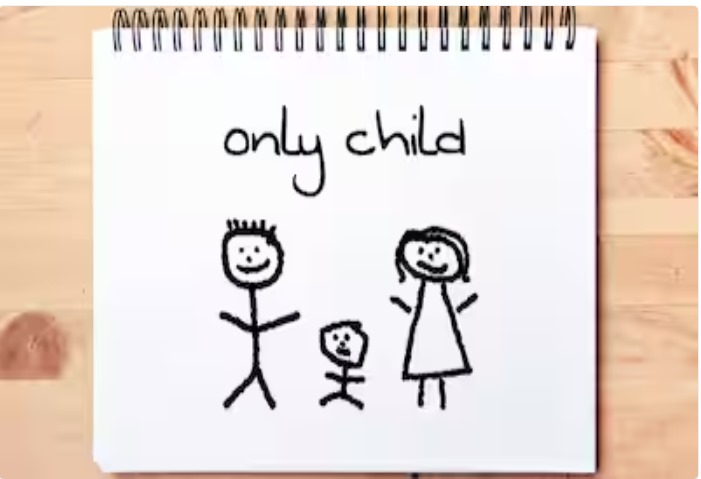Only Children Are No Different Than Their Peers
The decision to limit the size of a family is complex. The parents of only children might find themselves in this situation for several serious reasons, including health and financial concerns. The notion that only children are spoiled and overprotected is the legacy of questionable research conducted in the nineteenth-century by Stanley G. Hall and associated scholars. Parents of only children might worry that their upbringing might impact their social skills. However, recent research from University College London (UCL) indicates that only children are no different from their peers when it comes to character and sociability. Furthermore, differences and similarities with siblings are likely the result of their parents' characteristics, rather than the fact that they have siblings or not.
The study also found that only children’s cognitive development by age eleven is more affected by aspects like their parents’ relationship and their family’s socioeconomic status than whether they have siblings. What financial and emotional resources there are in the household overall might matter more in determining children’s life outcomes than how many children they need to share these resources with.

The study relied on data from the British cohort studies, nationally representative surveys which follow the lives of groups of 5,362 children born in 1946, 17,416 born in a single week in 1958, 16,571 born in a single week in 1970 and 19,244 born around the year 2001 in Britain. The data collects extensive information on the group members and their families, including the parents’ level of education, social class and family structure. To measure children’s development the study on only child development looked at results from cognitive tests (which included tests of verbal skills) the children in the study took at age ten or eleven. Only children showed similar cognitive scores to children from two child families, and higher scores than children growing up with two or more siblings.
The study demonstrated that the variation we observed across generations could partially be attributed to the changing characteristics of only child families. Single-child families in Britain, on average, tend to be better off. However, over time being an only child has become more associated with potentially disadvantaged conditions, such as growing up with separated parents. The changing composition of single-child families helps to explain why, compared to the past, only children nowadays show a smaller advantage compared to children growing up with siblings. This may be because they are the sole recipient of their parents’ resources. Generalisations, where young people are concerned, are increasingly redundant.
© 晉博教學中心 Brighten Test Prep Centre


